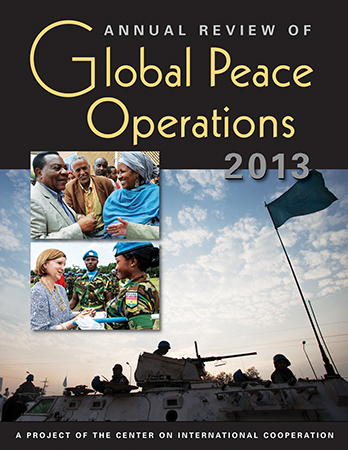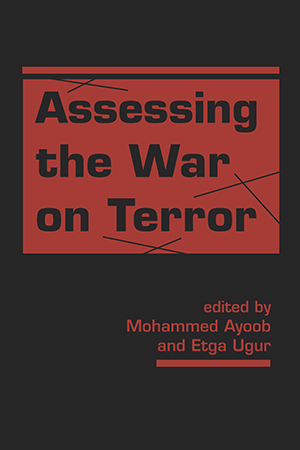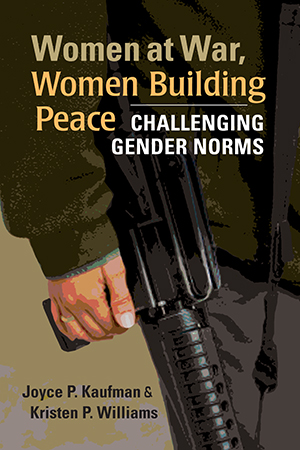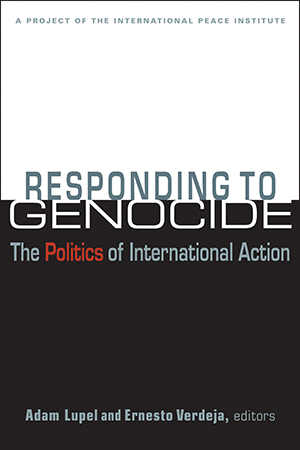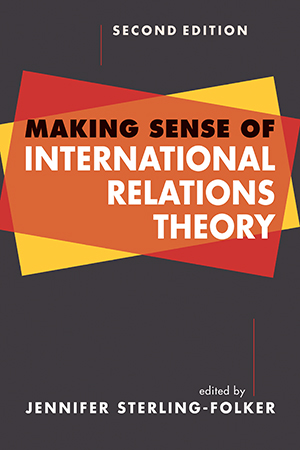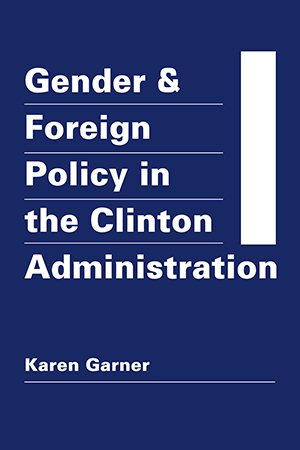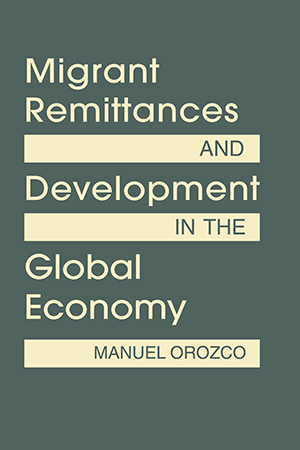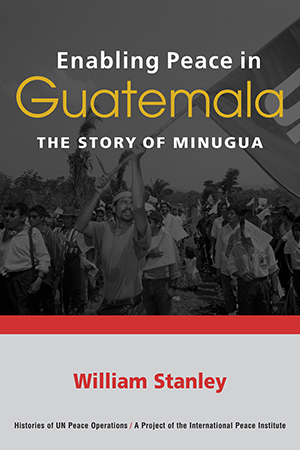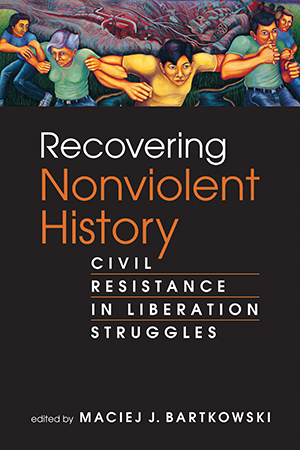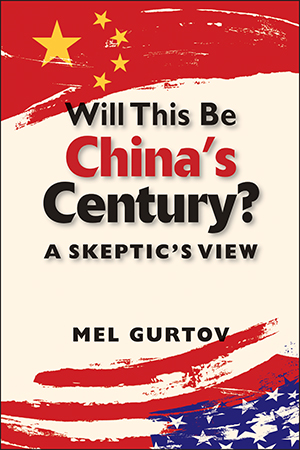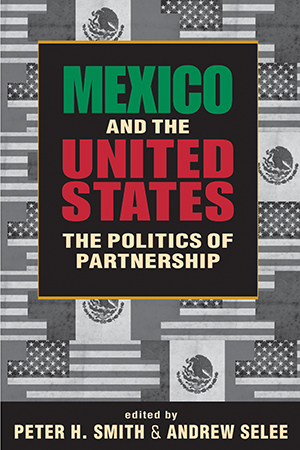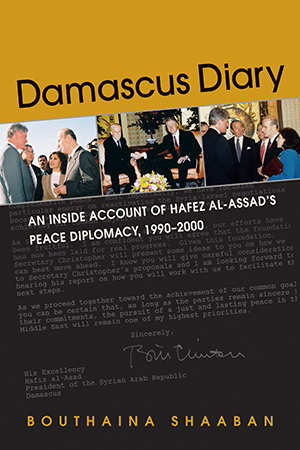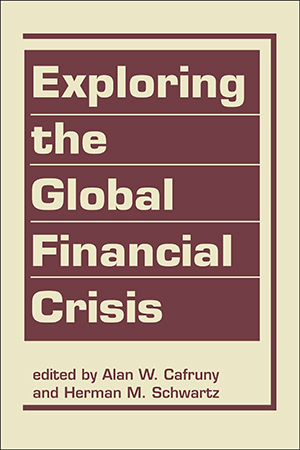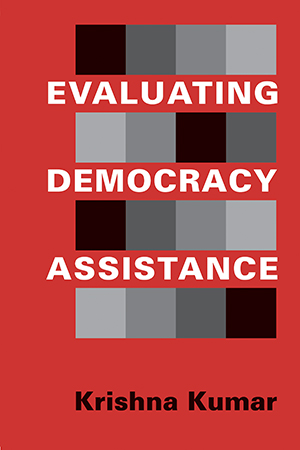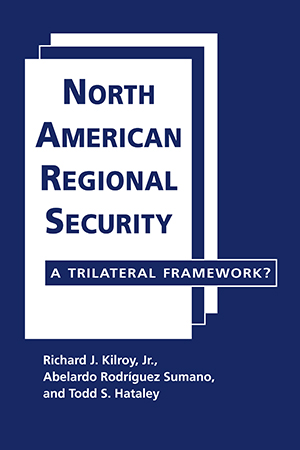International Relations (all books)
The 2013 Annual Review of Global Peace Operations provides comprehensive information on all current military and—for the first time—civilian peace operations, more than 130 More >
Was the US-led war on terror, especially the invasions of Afghanistan and Iraq, a necessary response to the September 11 terrorist attacks? What did the two invasions accomplish? How have More >
During times of civil conflict and war, why do some women turn to militant action while others seek peaceful resolutions? And why does the answer matter? Tackling these questions in their More >
What are the causes of genocide and mass atrocities? How can we prevent these atrocities or, when that is no longer possible, intervene to stop them? What are the impediments to timely and More >
What does it mean to adopt a realist, or a world systems, or a green approach to international relations? Does the plethora of "isms" have any relevance to the real world of global More >
Though recent US government attention to global women's rights and empowerment is often presented as a new phenomenon, Karen Garner argues that nearly two decades ago the Clinton More >
Manuel Orozco moves beyond the numbers to provide a uniquely comprehensive, historically informed overview and analysis of the complex role of migrant remittances in the global More >
William Stanley tells the absorbing story of the UN peace operation in Guatemala's ten-year endeavor (1994-2004) to build conditions that would sustain a lasting peace in the More >
This unique book brings to light the little-known, but powerful roles that civil resistance has played in national liberation struggles throughout history. Ranging from the American More >
Mel Gurtov takes issue with the widespread view that China is on the way to rivaling or even displacing the United States as the dominant world power. Gurtov identifies serious More >
What are the strengths and weaknesses of the partnership between Mexico and the United States? What might be done to improve it? Exploring both policy and process, and ranging from issues of More >
Bouthaina Shaaban worked closely with Syria's president Hafez al-Assad from 1990 until the time of his death, serving as both official interpreter and adviser. Her new book, part memoir More >
Did the financial crisis of 2008 and the subsequent recession rearrange the basic structures of the global economy? To answer that fundamental question, the authors of Exploring the More >
With the international community providing billions of dollars each year to promote democratic institutions/cultures in transitional and developing countries, rigorous evaluations have More >
Has the emergence of new transnational threats—terrorism, drug cartels, natural disasters—affected the dynamics of security relations among Canada, Mexico, and the United States? More >


